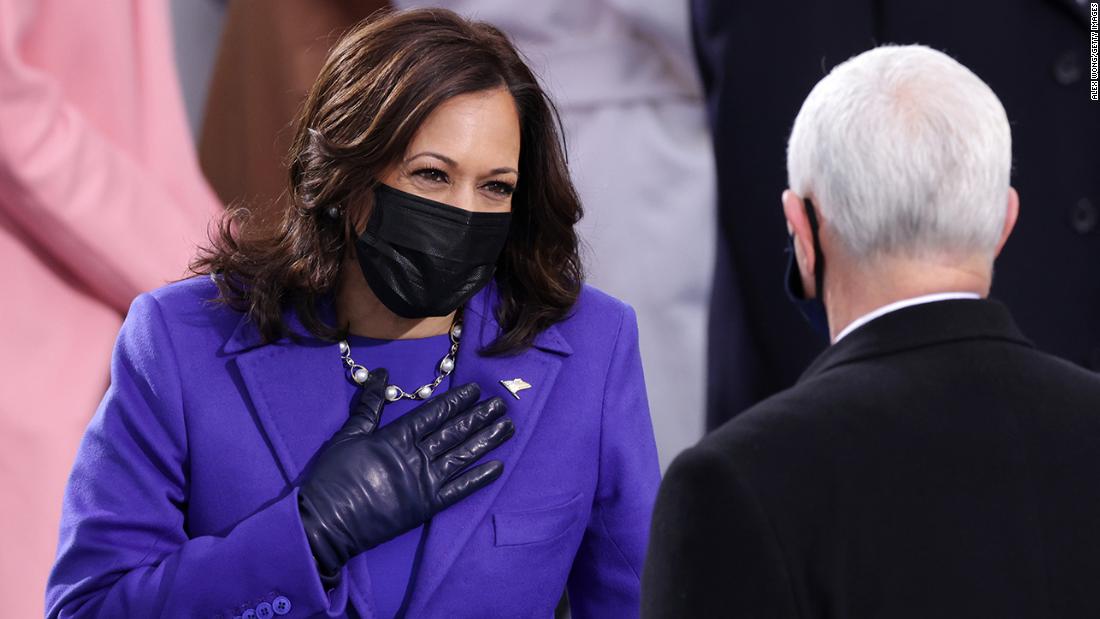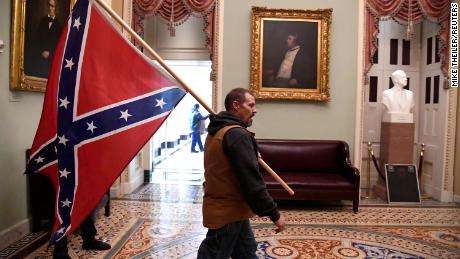Kamala Harris will change what power looks like
The inauguration of the first female, first Black and first South Asian vice president following the aforementioned assault did two things at once — marked a hopeful turning point in the long fight for racial representation and justice, and underscored in sobering fashion that confronting White supremacy will be one of the new administration’s main challenges.
Harris’ political rise even just over the past one and a half years is nothing to scoff at. Maybe most obviously, the former California senator’s ascent to the vice presidency will change the face of power in a literal way.
There was no shortage of coverage of how the 2020 Democratic primary field, which Harris was a part of, began as one of the most noteworthy in history. More specifically, the diversity of the slate of candidates who vied for the nomination was unprecedented: Latino, Asian, Black, gay, female. In December 2019, though, Harris suspended her campaign, as the field gradually congealed around straightness and Whiteness and maleness.
It was no small thing, then, when Biden chose Harris as his running mate in August. “It just feels like Black girls like me can run for class president. Black girls like me can go for the big things in life like she did,” Paris Bond, a teenager, told CNN that month.
Or as Harris’ late mother used to say to her barrier-busting daughter: “Kamala, you may be the first to do many things, but make sure you’re not the last.”
But as vice president, Harris will be able to offer more than symbolic representation.
In December, Biden selected Marcella Nunez-Smith, an associate professor of internal medicine, public health and management at Yale University, to lead the health equity task force.
In other words, Harris will change what power looks like and directly influence whom it serves.
But even with those triumphal dimensions, the new administration, from the very beginning, will have to navigate the resurgent currents of White supremacy.
In an interview with NPR last week, Harris didn’t mince her words in her condemnation of the recent attack on the Capitol.
That Harris drew parallels between the horror of the Trump years and the brutality of decades past made sense. The seizure of the Capitol was a gruesome reminder that White supremacy has always been tightly stitched into the American fabric.
For instance, in 1873, more than 150 armed White men — most affiliated with the Ku Klux Klan — murdered between 60 and 150 members of a Black militia that had been defending the Grant Parish courthouse in Colfax, Louisiana, following the state’s bitterly contested 1872 gubernatorial election.
“We still have a lot of work to do,” Harris said in the interview.
There might be a consoling prospect to the carnage earlier this month, however.
Often, the US assumes itself to be better than it is, particularly when it comes to nourishing racial progress. The new administration will have the opportunity to narrow the distance between that assumption and reality.
![]()




